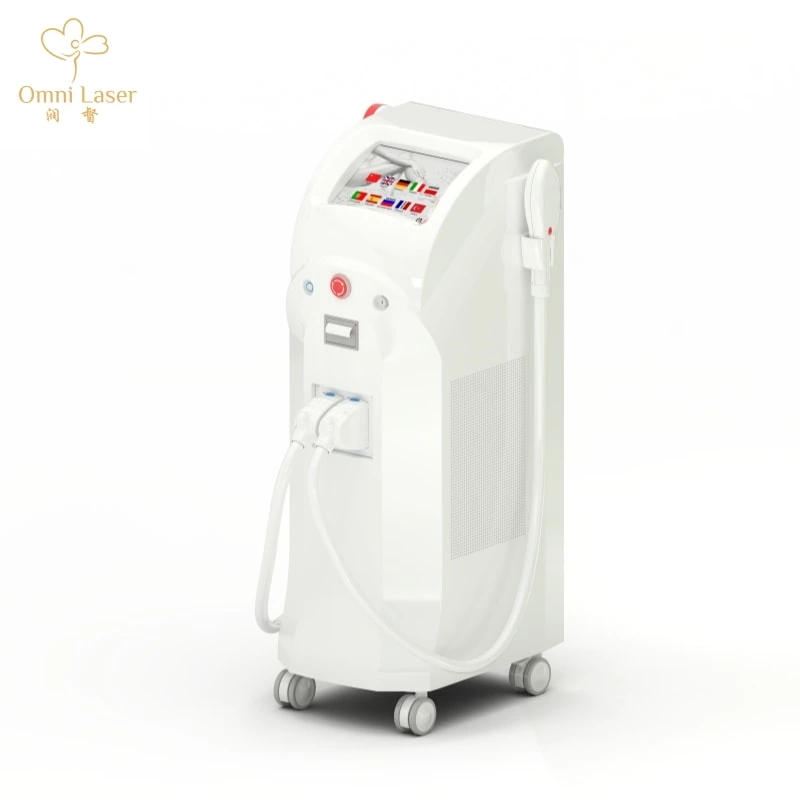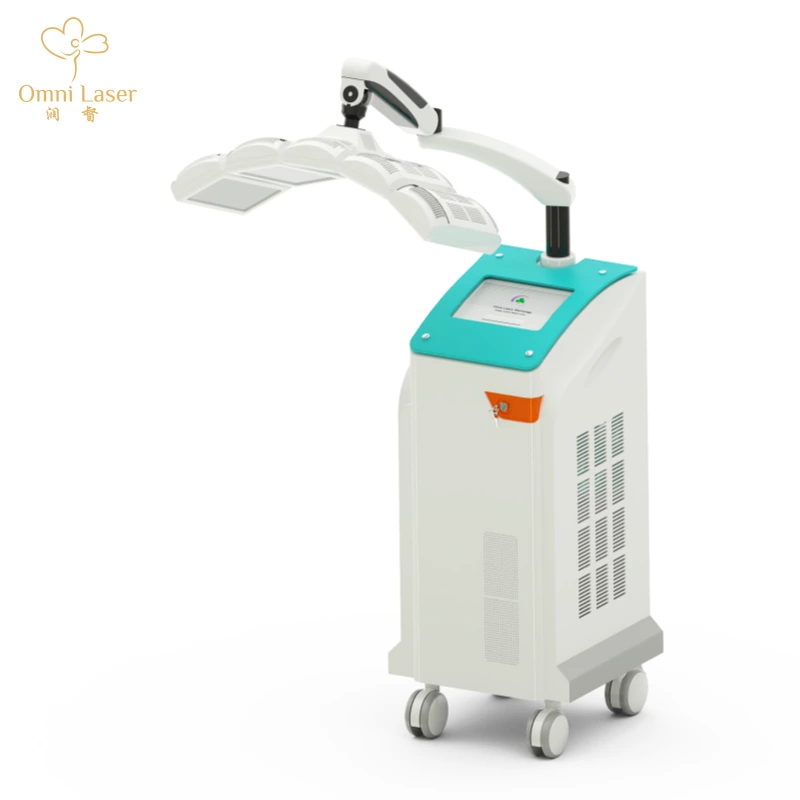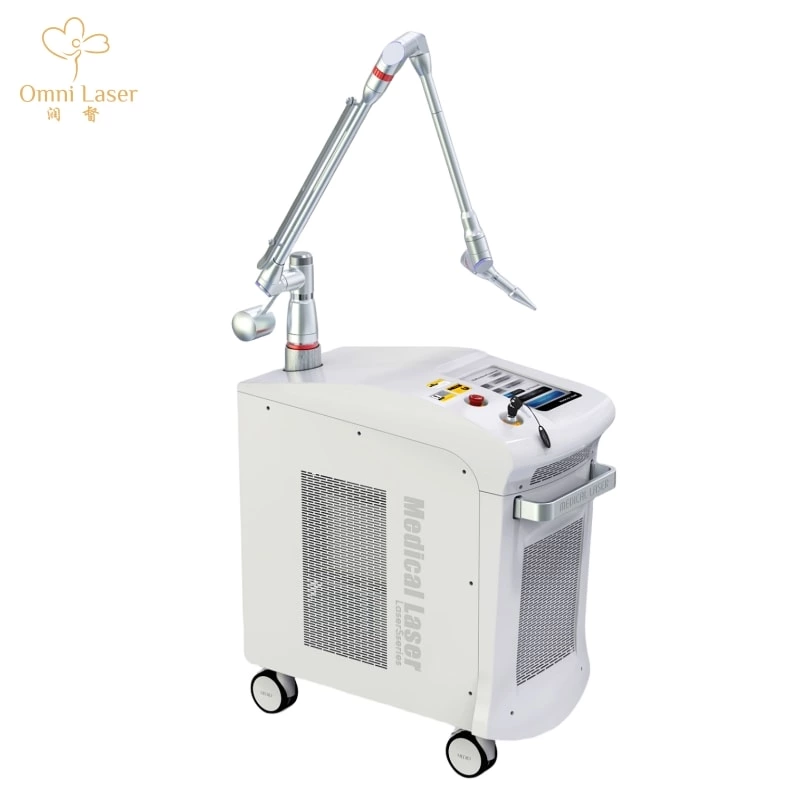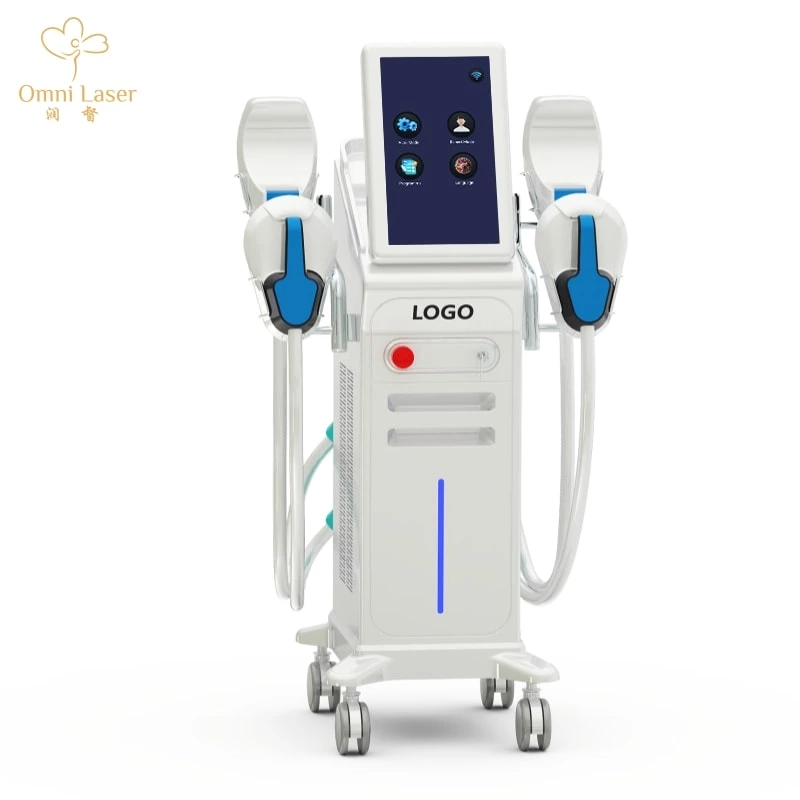Complete Guide to IPL Skin Rejuvenation in Summer: Key Considerations for Safe and Glowing Skin
As summer arrives, intense UV rays and high humidity can lead to dullness, dark spots, and enlarged pores. IPL (Intense Pulsed Light) skin rejuvenation, a non-invasive photoelectric treatment, effectively improves uneven skin tone, fades pigmentation, and stimulates collagen production for a radiant complexion. However, summer IPL treatments require extra attention to sun protection, hydration, and post-treatment care to avoid issues like rebound pigmentation or sensitivity. This guide covers everything you need to know for safe and effective IPL skin rejuvenation in summer.
1. How IPL Works and Its Suitability for Summer
IPL emits multi-wavelength pulsed light to target melanin (reducing dark spots), close abnormal blood vessels (reducing redness), and stimulate collagen (improving skin elasticity). Since UV exposure increases melanin activity in summer, improper aftercare may lead to rebound pigmentation. However, with strict sun protection and hydration, IPL can still be safely used in summer, especially for treating sun-induced pigmentation.

2. Pre-IPL Preparation for Summer
-
Avoid Sun Exposure
-
Refrain from prolonged sun exposure for at least two weeks before treatment. Avoid tanning products.
-
Postpone treatment if you have sunburn or sensitive skin.
-
-
Discontinue Harsh Skincare Products
-
Stop using exfoliating acids (e.g., glycolic, salicylic acid), retinol, or other irritating products one week before treatment.
-
-
Consult a Professional
-
Confirm if IPL is suitable for you (not recommended for pregnant women, those with photosensitive skin, or those taking photosensitizing medications).
-
3. Post-IPL Care Essentials for Summer
1. Strict Sun Protection (Most Important!)
-
Prioritize Physical Sun Protection: Wear wide-brimmed hats, masks, and sunglasses for the first three days.
-
Sunscreen Choice: After three days, apply a broad-spectrum SPF50+, PA++++ sunscreen and reapply every two hours.
2. Soothing and Hydration
-
Post-treatment skin may be slightly red or swollen. Use repair-focused products with panthenol (B5), ceramides, or hyaluronic acid.
-
Avoid alcohol-based or fragranced skincare to minimize irritation.
3. Avoid High-Temperature Environments
-
Skip saunas, hot springs, and intense workouts for at least one week to prevent redness.
4. Pigmentation Management
-
Temporary darkening (rebound pigmentation) may occur but typically fades in 1-2 months. Use dermatologist-recommended brightening serums (e.g., with tranexamic acid or vitamin C derivatives).
5. Gentle Cleansing
-
For the first 48 hours, cleanse with lukewarm water or a mild amino acid-based cleanser. Avoid scrubbing.
By ELsen





